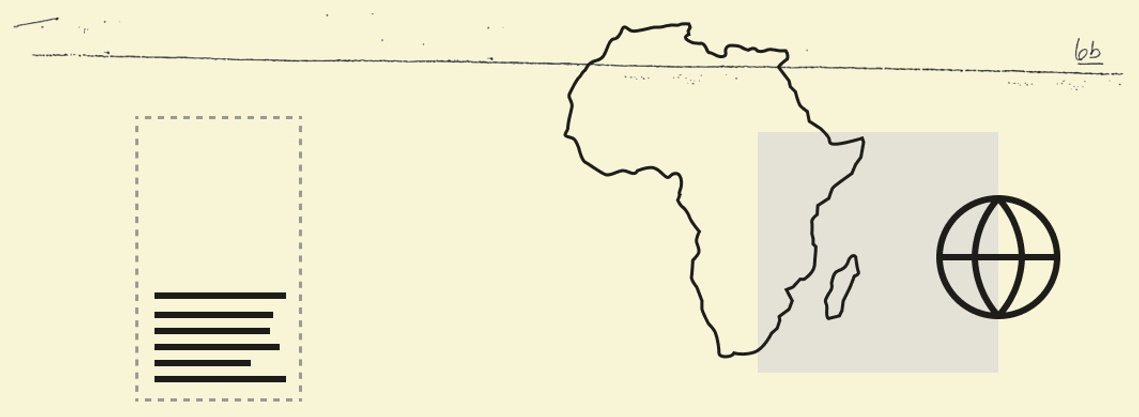 Business & Macro🇰🇪 The Central Bank of Kenya raised $1 billion from an infrastructure bond sale it said was oversubscribed. 🇳🇬 Heineken-owned Nigerian Breweries said its losses after tax for the financial year up to December 2024 widened 36.5% year-on-year despite a 79% revenue growth to more than 1 trillion naira. Climate & Energy🇳🇬 Africa Energy Bank, a new lender created by Afreximbank and the African Petroleum Producers Organization to fund oil and gas projects, will begin operations this quarter with $5 billion in equity. Geopolitics & Policy🇸🇩 Sudan has reached a “complete agreement” with Russia for Moscow to set up its first naval base in Africa on its Red Sea coast, Sudan’s Foreign Minister Ali Youssef Ahmed al-Sharif said. 🇿🇼 Zimbabwe will compensate 94 farmers from Switzerland, Denmark, Germany, the Netherlands, and other countries who lost land during Harare’s controversial land reforms in the early 2000s. It plans to clear a $146 million compensation bill by 2028. Tech & Deals🇰🇪 The World Bank’s International Finance Corporation extended a $15 million loan to the Royal Garments Group, a Kenyan clothing manufacturing company. 🇨🇮 Ivorian private equity firm Adiwale Partners invested in Jus Délice, a Togolese producer of organic pineapple juice and concentrate, to support the company’s growth for exports to Europe and North America. |